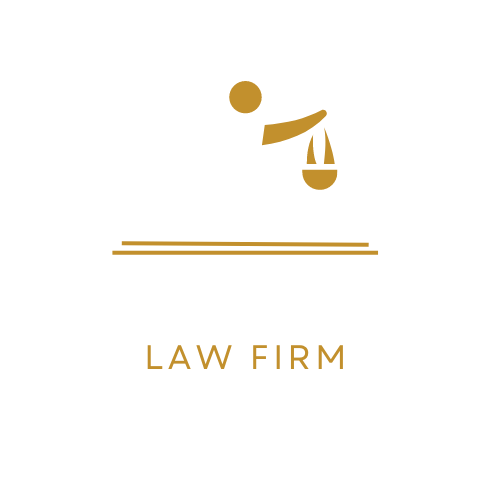
Prospective law students often inquire as to the amount of time it will take them to finish a law degree program. A Juris Doctorate (JD), for instance, typically takes three years of full-time study.
However, there are other paths available to those seeking law school degrees than just traditional law schools. Here’s everything you should know about various pathways into law school.
Three Years
Full-time law school programs usually take three years to complete. The first year, known as 1L, typically entails required classes such as torts, contracts, legal writing, criminal law and constitutional law – these classes may prove daunting and stressful if new to law or to classroom environments; failing to manage these challenges effectively may contribute to stress or mental health issues among law students.
Alongside your course work, law school requires you to manage other responsibilities like work and family commitments. Many law students opt for part-time programs which extend their legal education over four years – other options may include an accelerated two-year program or attending online. Each pathway offers its own set of advantages and disadvantages but all offer flexibility allowing individuals to shorten or lengthen their law school experience as desired.
Two Years
Law school requires daily dedication to reaching one specific professional goal. Students are responsible for meeting rigorous reading and study requirements while participating in extracurricular opportunities like externships, moot court/mock trial competitions, clinical legal work or pro bono projects.
In your first year of law school, the curriculum is typically highly structured to give you an introduction to legal practice. Courses such as civil procedure examine court processes and procedures within the United States; constitutional law looks at federal and state legislative powers; contracts focus on understanding legally binding promises with rules for resolving any disputes when these promises go unfulfilled;
Some programs offer a two-year law degree program to accommodate non-traditional students and those with family responsibilities, although this will require dedicating much more time and energy towards studying and exam preparation.
Part-Time
Part-time law school can be an attractive alternative for employed individuals looking to further their legal education. Most part-time programs offer evening classes, enabling these individuals to keep working during the week while attending evening classes at night. Part-time students typically enjoy accessing the same activities available to full time students such as moot court competitions and faculty/student committees.
Going to law school part-time can be both time consuming and emotionally draining, especially as weekends will likely become study days in addition to daytime commitments and family obligations. Therefore, it’s crucial that you surround yourself with people who understand this sacrifice.
Note that employers might view students who pursue part-time law degrees with suspicion; though this might not hold true in every instance. Furthermore, it’s worth bearing in mind that most public loan programs and scholarships only provide funding for full-time students; so if planning to attend part-time make sure all your financing options are carefully considered before enrolling.
Accelerated
Full-time law school programs can be intensive and immersive experiences, creating close bonds among peers and professors while demanding high levels of commitment from their participants. Although full-time programs may make life more complicated for those with outside commitments or employment responsibilities, in the end these immersive legal studies provide students with a comprehensive introduction into legal studies while helping facilitate smooth transitions into jobs or clerkships.
An accelerated law program can shorten the traditional three-year JD curriculum to two years through course scheduling and an increased workload during summer term. It is an appealing option for students who are highly motivated and wish to minimize time away from employment while studying law.
Participating in an accelerated law program, however, can limit your opportunities to gain practical experience through internships and professional relationships through networking events. Furthermore, these programs may isolate you socially from both undergraduate classmates and older law students.

